IN PHOTOS: Devendra Fadnavis offers resignation as Deputy CM after BJP fares badly in Lok Sabha Polls
After the BJP's Lok Sabha tally in Maharashtra fell from 23 to 9, Deputy Chief Minister Devendra Fadnavis offered to resign from his post. He expressed his desire to focus on party work ahead of the upcoming assembly elections, taking full responsibility for the election results. Pics/ X
Updated on : 05 June,2024 07:19 PM IST | Compiled by : Sanjana Deshpande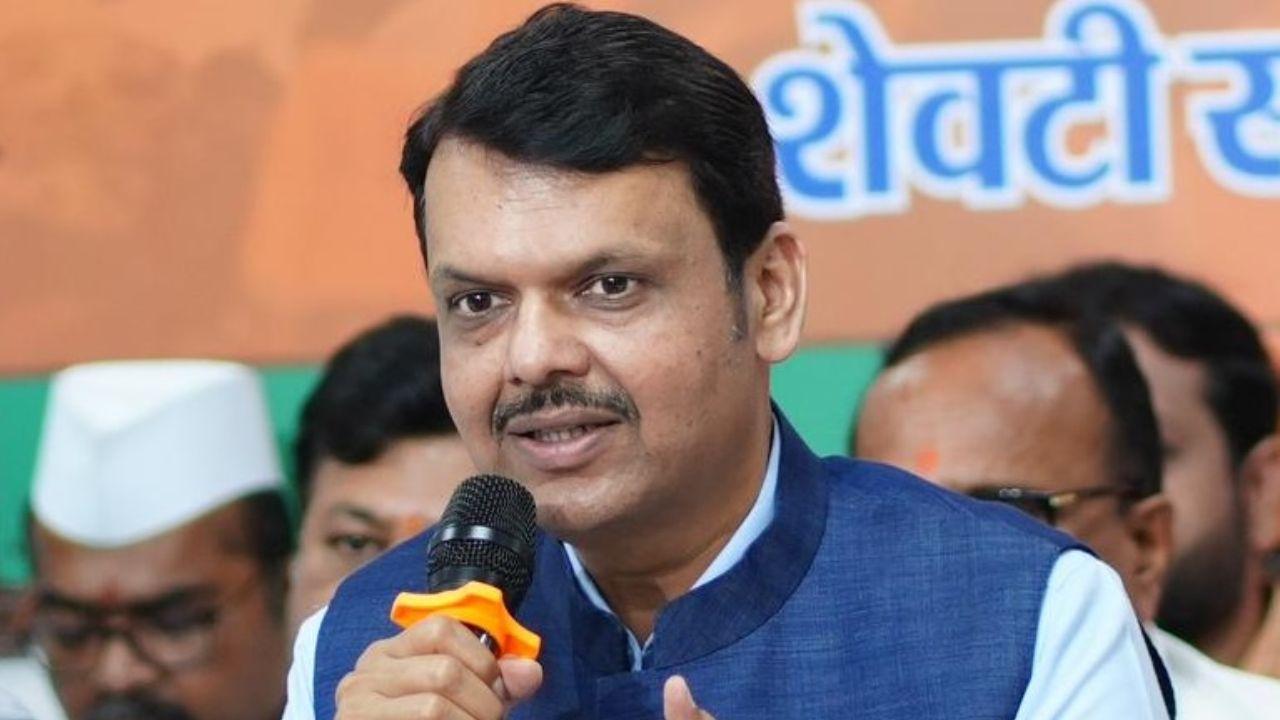
After the BJP's Lok Sabha tally in Maharashtra fell from 23 to 9, Deputy Chief Minister Devendra Fadnavis offered to resign from his post.
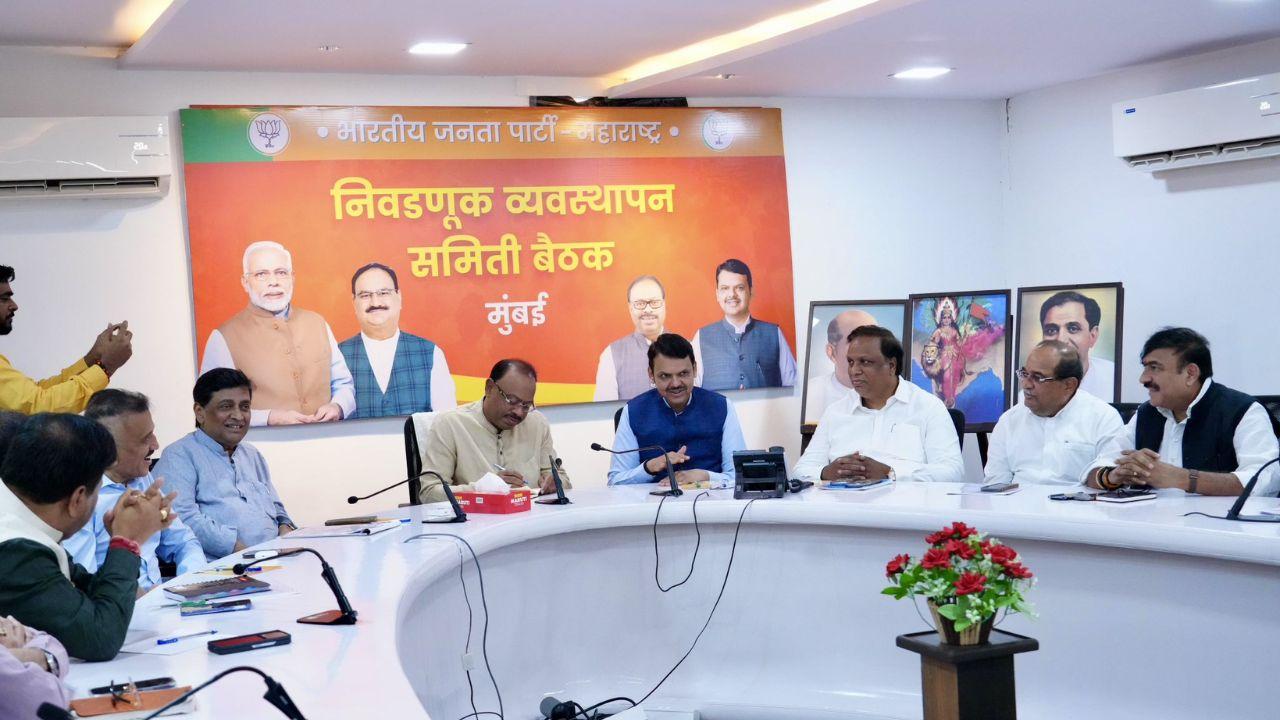
Fadnavis acknowledged his role in the BJP's poor performance in Maharashtra's Lok Sabha elections. He stated that he takes full responsibility for the setback and admitted that there were shortcomings in his approach which he aims to address before the assembly elections.
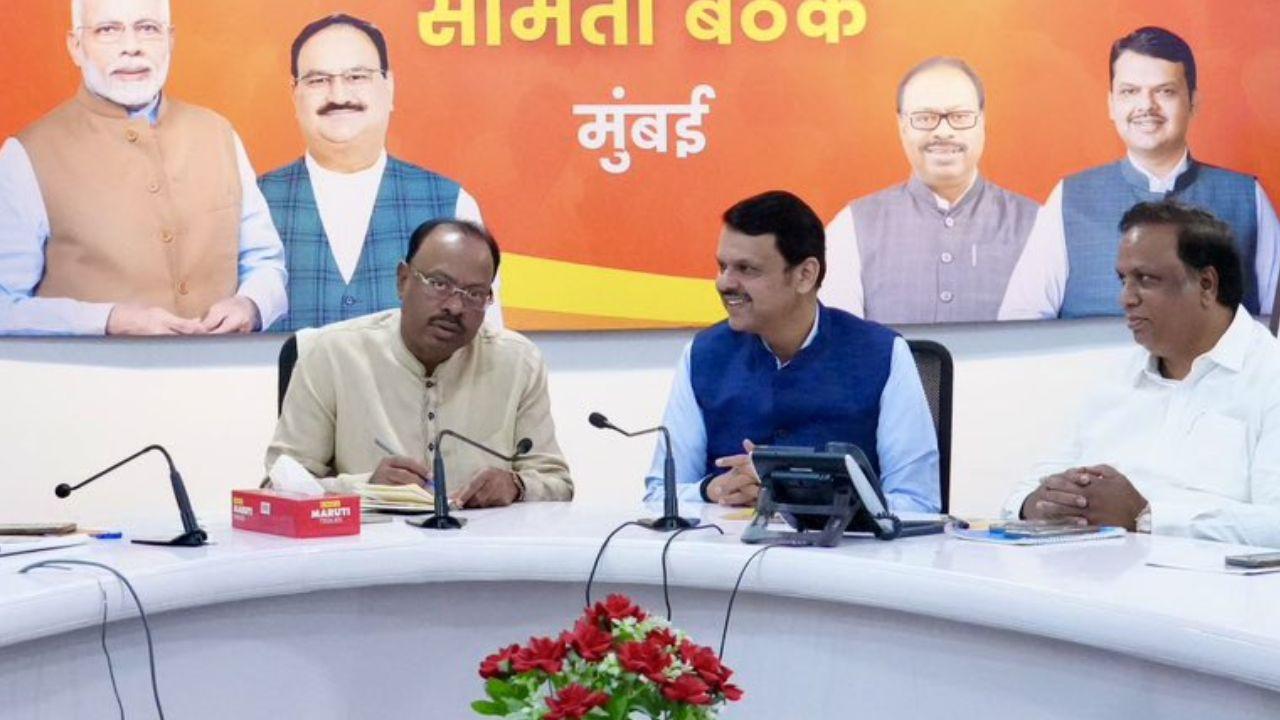
With the Maharashtra assembly elections scheduled in less than six months, Fadnavis wants to dedicate his efforts entirely to the party. He requested the BJP leadership to relieve him from his governmental duties so he could work full-time for the party during this crucial period.
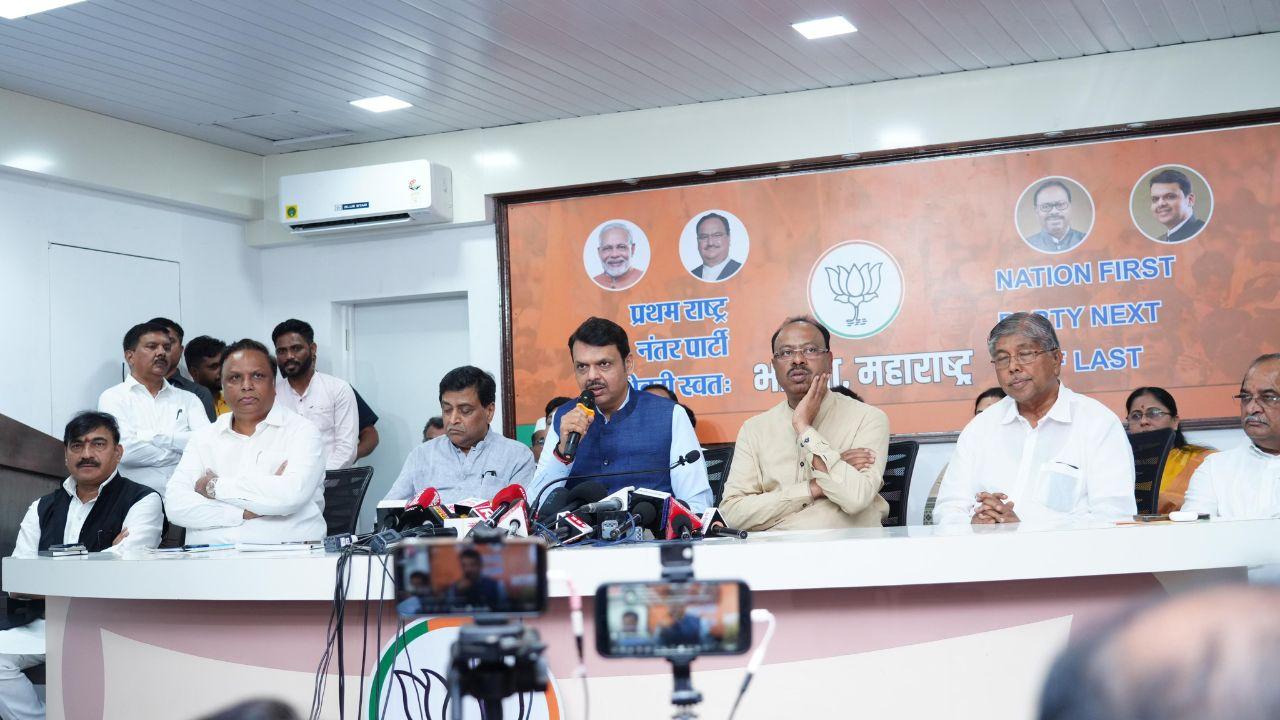
Fadnavis highlighted existing coordination issues with Chief Minister Eknath Shinde and Deputy Chief Minister Ajit Pawar from the NCP. These issues have complicated governance and may have contributed to the election results.

Fadnavis plans to meet senior BJP leaders to discuss his resignation offer and receive guidance on his future role. He emphasized his willingness to follow the party leadership's directions to best serve the BJP's interests in Maharashtra.
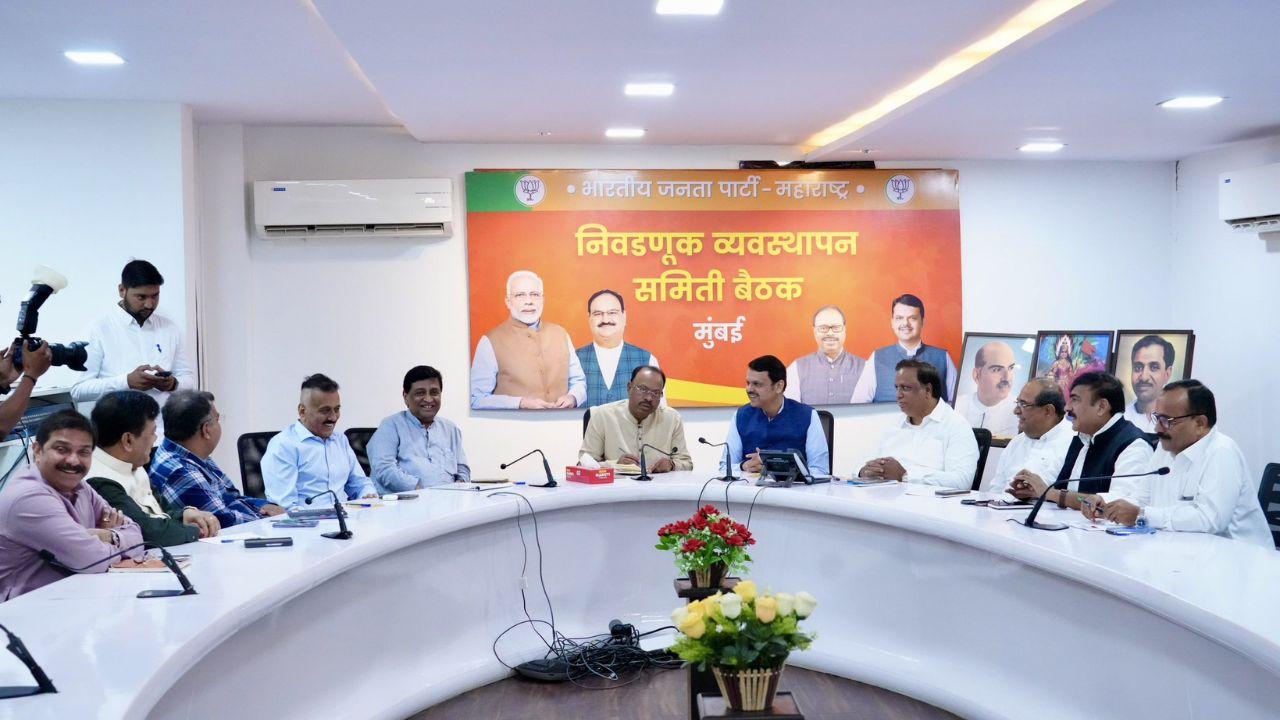
The Congress party dismissed Fadnavis' resignation offer as a "drama." They argued that Prime Minister Narendra Modi should resign instead, criticising the BJP's handling of the government and the recent election results.
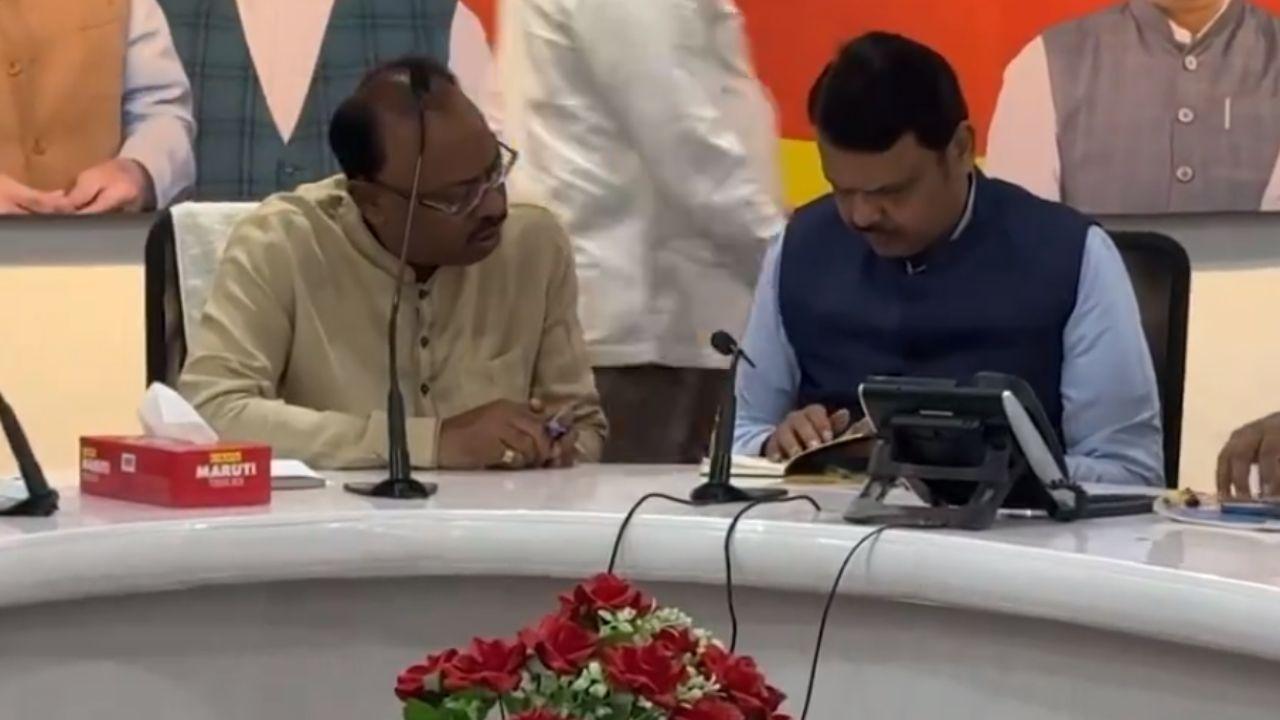
The Mahayuti alliance, which includes BJP, Shiv Sena (led by Eknath Shinde), and NCP (led by Ajit Pawar), secured 17 out of the 48 Lok Sabha seats in Maharashtra. This is a significant decline compared to the Maha Vikas Aghadi alliance's performance.
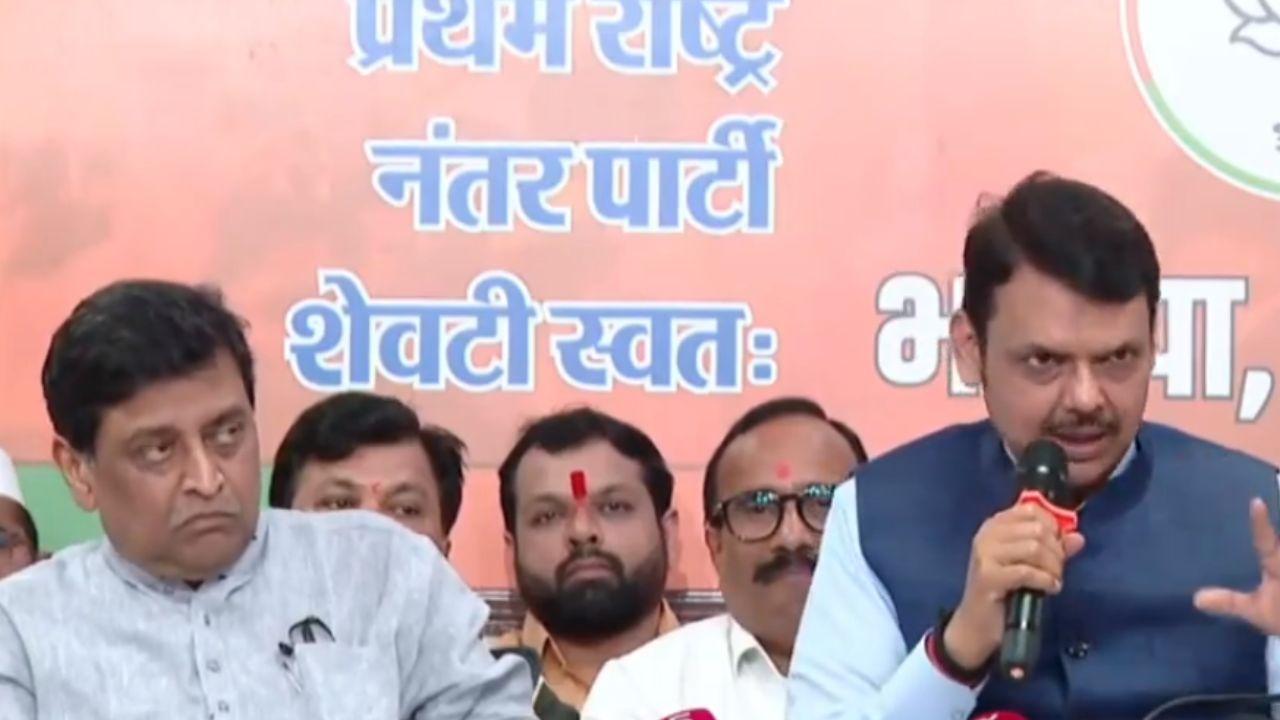
The Maha Vikas Aghadi, comprising the Congress, Shiv Sena (UBT), and NCP (Sharad Pawar), won 30 seats in Maharashtra. This success highlights the alliance's growing influence and presents a formidable challenge for the BJP in the upcoming assembly elections.
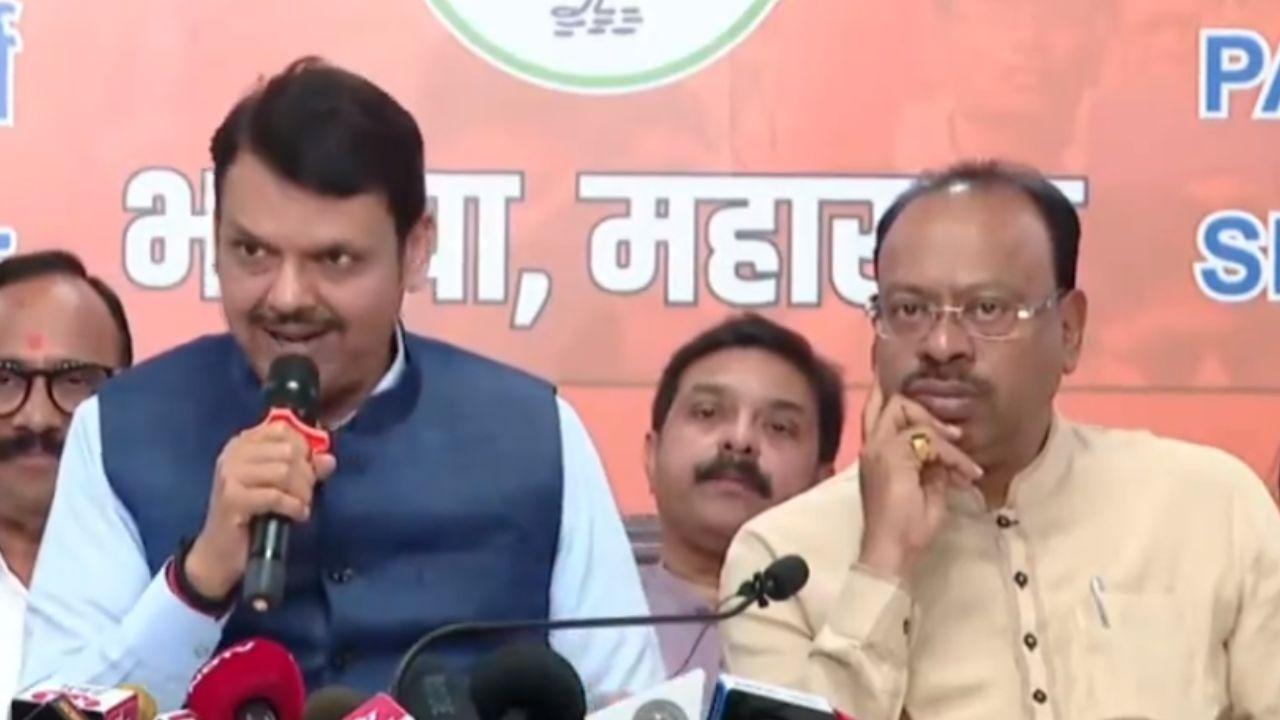
In the Lok Sabha elections, the Congress won 13 seats, Shiv Sena (UBT) secured 9 seats, and NCP (Sharad Pawar) took 8 seats. The BJP managed 9 seats, Shiv Sena (Shinde) won 7, and NCP (Ajit Pawar) secured just 1 seat, illustrating the shift in voter preferences in Maharashtra.





